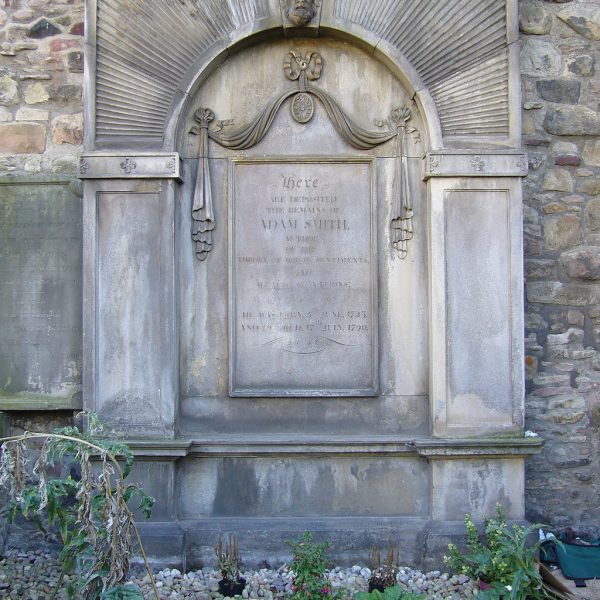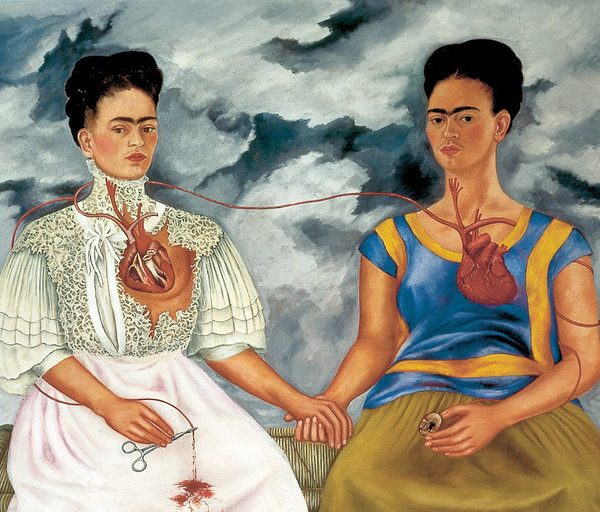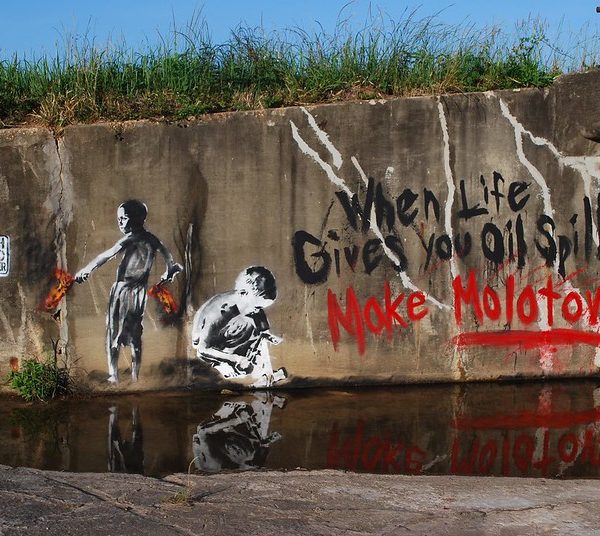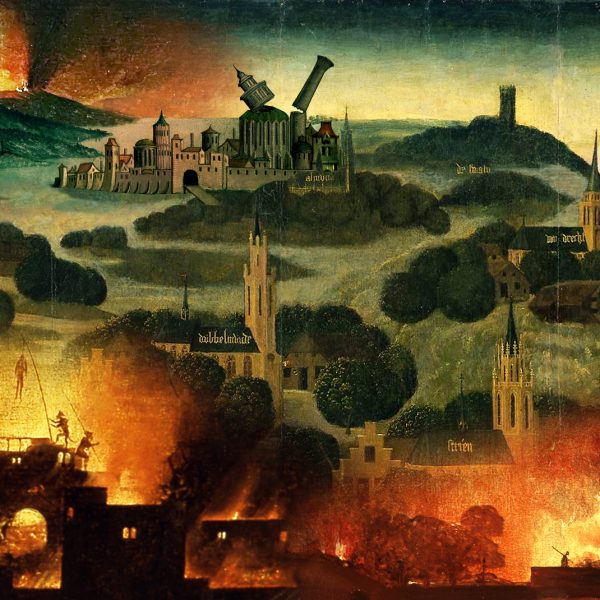
By the end of that first week our operations shifted and many of our staff, including myself, were set up in a senior center in Queens getting ready to boost our food distributions and our senior grab-and-go grocery bags. During that week we began to anticipate two major developments of this pandemic: the public health crisis and the ensuing economic hardship.
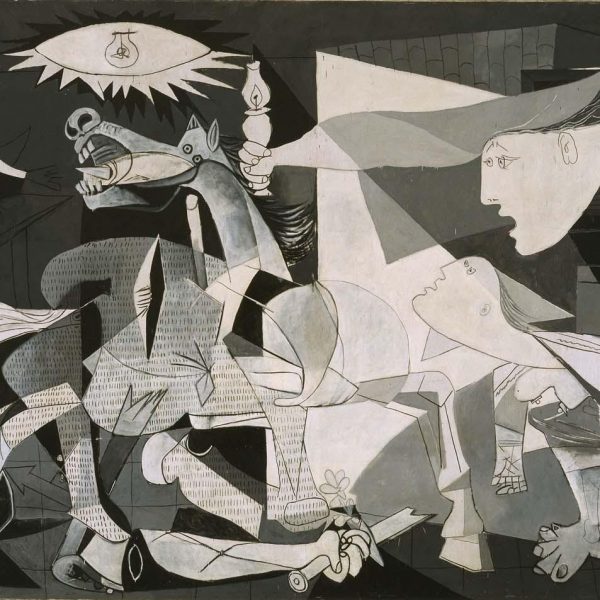
Could prophetic politics, with its unique emphases, allow us to envision another, possibly less dogmatic and more differentiated form of political theology? Could focusing on the schism between prophetic voice and political institutions reveal a different understanding of political theological concepts, beyond the realm of power and sovereignty?
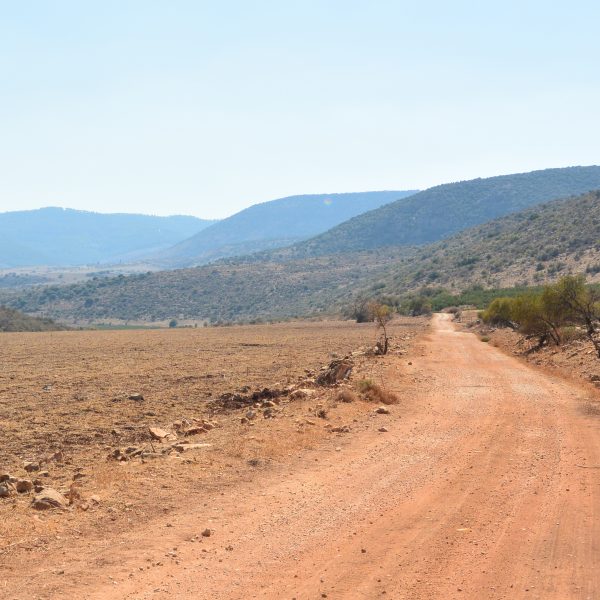
We must remember that even when the pandemic is over, this nation will still be under threat by people and forces who have declared war on everything and everyone it defines as “other”. We must remain committed to being hospitable to the stranger, and caring for the most vulnerable.
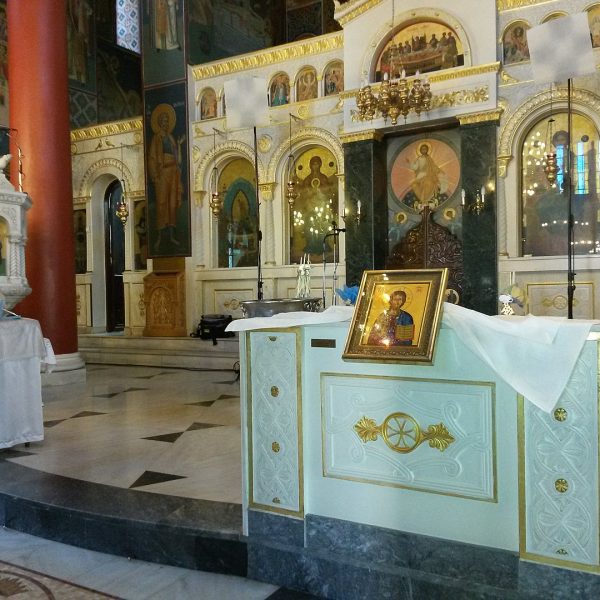
These restrictions must take into careful consideration the historicity of each religious tradition, the social influence of religious beliefs among its citizens, but also theological and exegetical specificities that influence the tradition’s adaptability to the current emergency. Without such thoughtful considerations and a close collaboration with trusted religious authorities, religious communities could be alienated, which can be disruptive in times that require rather unity of thought and action.

Differentiating journalists as enemies is always alarming, but especially so during a public health crisis.
